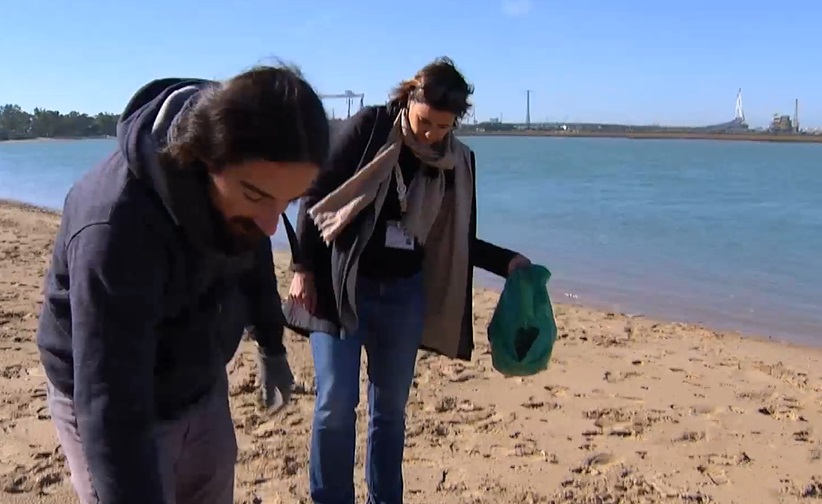El INMAR colabora en un reportaje sobre plásticos en el programa de “Los Reporteros” de Canal Sur 4 March 2024
El pasado 2 de marzo el programa “Los Reporteros” de Canal Sur dedicaron su programa a la contaminación del plástico y cómo afecta al medioambiente y la salud humana.
Para ello contaron con la colaboración de varios Investigadores procedentes de Universidades e Institutos de Investigación andaluces, entre ellos el INMAR.
El plástico es posiblemente el material que más se utiliza en nuestro planeta. Al descomponerse en diminutas partículas, se integra en los alimentos, el agua e incluso el aire que respiramos. El problema es que la reducción de su uso para preservar el medioambiente y la salud se enfrenta a los intereses económicos de las empresas que dependen del plástico para sus operaciones.
Aunque es altamente funcional, el plástico tiene una faceta negativa que impacta tanto en el medio ambiente como en la salud humana. Parte de esta faceta permanece invisible, en las profundidades del mar. Cada año, más de ocho millones de toneladas de plástico terminan en nuestros océanos.
De todo esto hablan los compañeros en el reportaje de Canal Sur. Puedes ver a Carmen Morales, Elisa Marti y Álvaro Adame y el trabajo del resto de equipos en el reportaje completo: https://www.canalsur.es/noticias/inundados-de-plasticos/2019179.html


